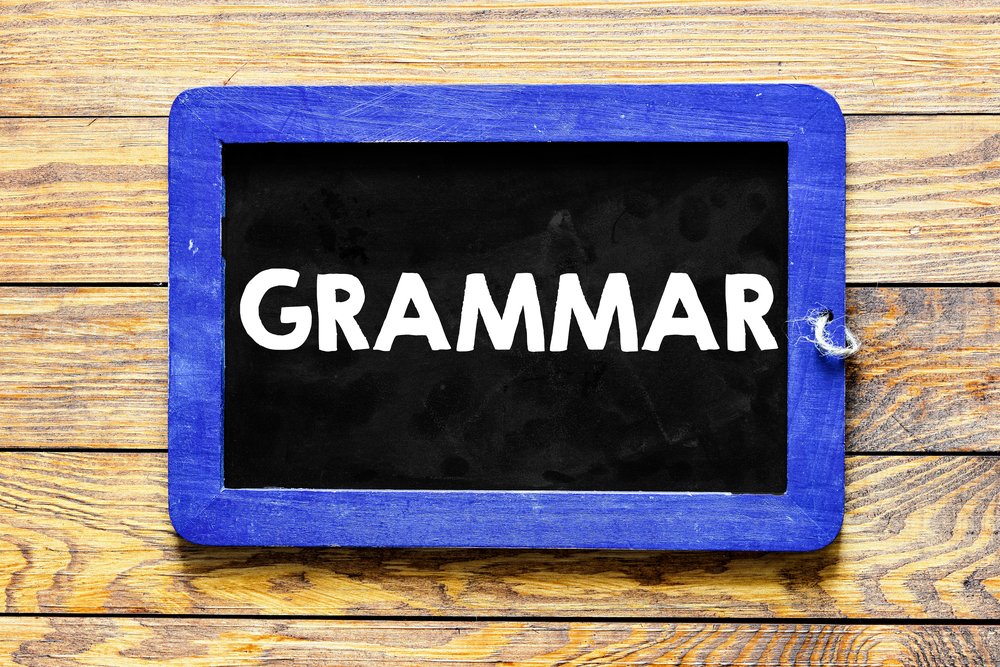Differences between Simple Future and Future Perfect in German

Differences between Simple Future and Future Perfect in German.When discussing events set to occur in the future, the Simple Future and the Future Perfect tenses provide invaluable tools for distinguishing between various events and their timing.

Explanation about Differences between Simple Future and Future Perfect in German
Simple Future (Futur I): Das Futur I beschreibt eine Handlung oder einen Zustand, der in der Zukunft eintreten wird. Es wird oft durch das Hilfsverb “werden” plus das Infinitiv des Hauptverbs gebildet.
Beispiel:
- Er wird schreiben. (He will write.)
Future Perfect (Futur II): Das Futur II beschreibt eine Handlung oder einen Zustand, der in der Zukunft abgeschlossen sein wird. Es wird mit dem Hilfsverb “werden” und dem Partizip II des Hauptverbs sowie dem Hilfsverb “haben” oder “sein” (je nach Verb) gebildet.
Beispiel:
- Er wird geschrieben haben. (He will have written.)
Examples for using Simple Future and Future Perfect in German
| Tense | Example in German | English Translation |
|---|---|---|
| Simple Future (Futur I) | Er wird lesen. | He will read. |
| Future Perfect (Futur II) | Er wird gelesen haben. | He will have read. |
| Simple Future (Futur I) | Sie wird kommen. | She will come. |
| Future Perfect (Futur II) | Sie wird gekommen sein. | She will have come. |
| Simple Future (Futur I) | Wir werden spielen. | We will play. |
| Future Perfect (Futur II) | Wir werden gespielt haben. | We will have played. |
Finally,Though the technical details might seem intricate at first glance, consistent practice and application of these tenses will make them more accessible and intuitive. It is our hope that this article has shed light on the distinctions between these two tenses and how to employ them effectively.





























